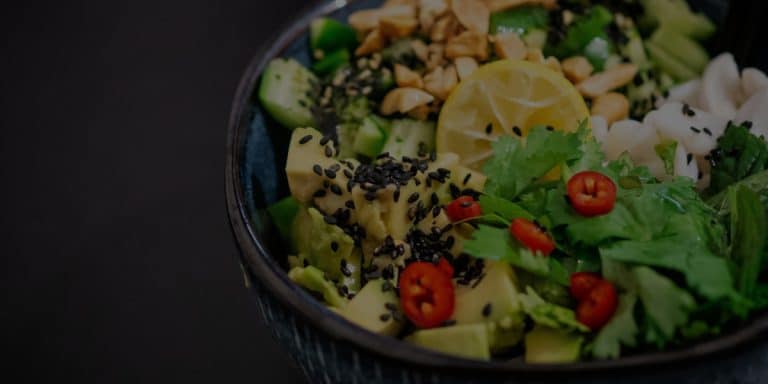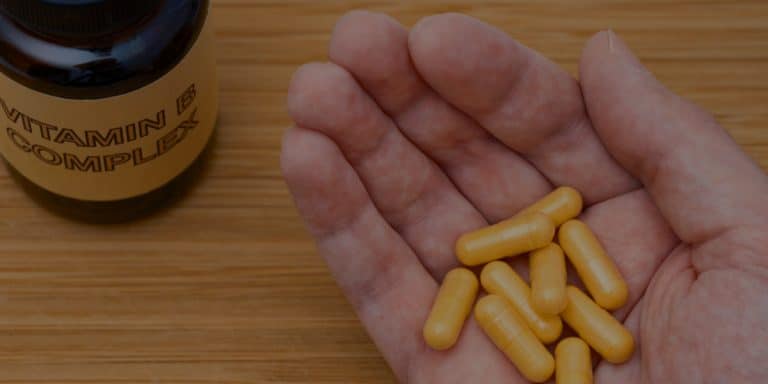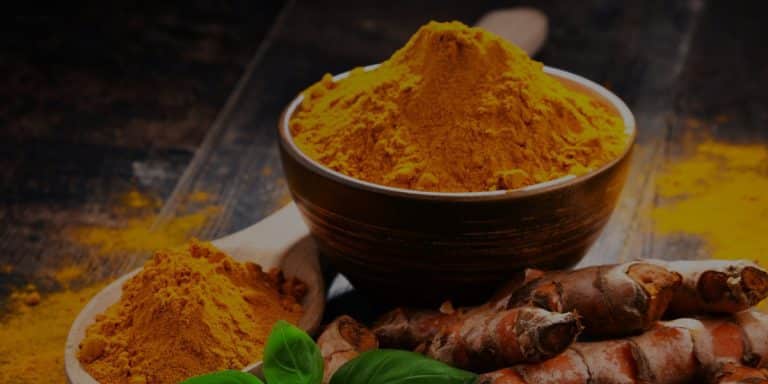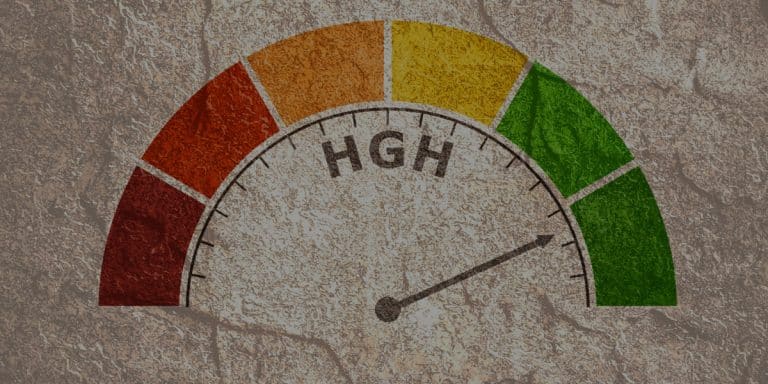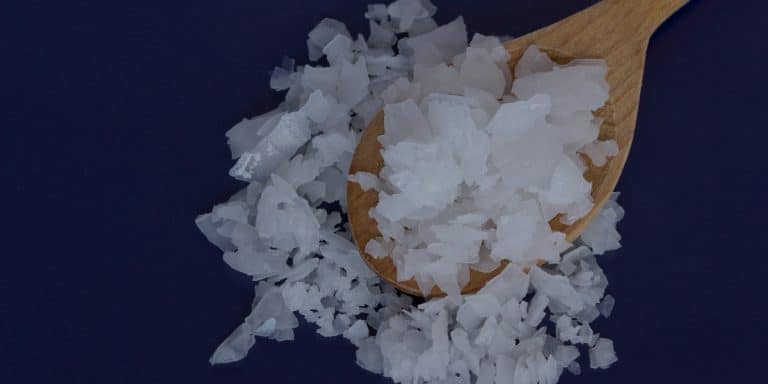Foods That Lower Testosterone
Testosterone is a vital sex hormone that plays a significant part in maintaining overall health, especially in men. It contributes to the growth and maintenance of muscle mass and strength, to maintaining healthy sexual function, fertility and libido, and to maintaining healthy energy levels and mental health.
A lack of testosterone can lead to some serious health concerns. These concerns range from those affecting body composition, such as obesity and atrophy, including things like type 2 diabetes, metabolic syndrome and heart problems, to those affecting mental health, such as depression, fatigue and confidence.
There are many factors that will come into play in determining testosterone output. Some are genetic; many are lifestyle related. Things like a healthy sex life, an active lifestyle, a low stress environment, and plenty of sleep can all boost testosterone production. Inversely, negating any of these will likely deplete production.
Diet plays a large role in determining testosterone output. There are some foods that will help to boost testosterone production. There are some that will lower it – avoiding these in large quantities will be important in maintaining long-term health, especially for men.
These are what I want to concern myself with today. The following foods have been linked to lower testosterone production and should all be taken sparingly in anybody’s diet who might be concerned with testosterone output.
Foods That Inhibit Testosterone Production
1. Processed Foods
If you remove any foods from your diet, it should be processed ones – microwave meals, frozen foods, pre-prepared junk and the like. They are generally very high in sodium, calories and added sugar, as well as being a source of unhealthy trans fats, which are our main culprit here.
Trans fats are best avoided anyway – they have been linked to an increased risk of heart disease, type 2 diabetes, and inflammation. However, evidence suggests that regular intake could diminish testosterone levels.
Those who eat lots of trans fats can see their testosterone levels diminished by as much as 15%. In addition, some animal studies have found that trans fats may even impair reproductive performance.
2. Alcohol
Alcohol is our next biggest culprit.
Moderate drinking isn’t too much of an issue most of the time and has even been linked to a few health benefits. However, excessive alcohol intake can cause testosterone levels to drop sharply. As little as the equivalent of 2-3 standard drinks (glasses of wine, pints of beer, and so on) per day can decrease testosterone levels in men by 6.8% in just a few weeks.
This isn’t definitive – there is mixed data on the subject, in both human and animal experiments. However, low testosterone levels have also been linked to symptoms such as depression, lethargy, and poor athletic performance, all of which are also linked to regular alcohol consumption.
Buyer beware.
3. Soy-Based Food
Regular consumption of soy-based food can lead to a drop in testosterone, according to some data. This includes products like tofu, edamame, soy milk and miso. Soy protein isolate, for example, has been linked to a decrease in testosterone in men after regular consumption over a period of weeks.
This could be due to the high concentration of phytoestrogens found in soy products. These are plant-based compounds that mimic the effect of oestrogen within the body, tipping your hormone levels away from testosterone production.
However, other reviews and meta-analysis has found little evidence linking soy to reduced testosterone output. In addition, if it is one of your only available sources of protein on a large scale – for instance, if you’re following a vegan diet – then you should still consume it. Low muscle mass is linked to testosterone, which can come about as a result of a low protein diet.
4. Mint and liquorice
Admittedly, these won’t have as large an impact on our diets as the above three, as they are generally consumed in far, far smaller quantities, but mint and liquorice both deserve their places on this list.
There is some evidence suggesting that mint – particularly spearmint and peppermint – can cause testosterone levels to fall. Most research is focussed on women and animals, so it’s hard to tell what the effects might be in men.
Liquorice root, often used as a sweetener and flavour, is a popular natural remedy in holistic medicine. Adherents use it to treat chronic pain, amongst many other things. However, it may also alter hormonal levels.
In one study, 7 grams of liquorice root taken daily was found to cause a 26% drop in testosterone levels after just one week. Admittedly, that’s a lot of liquorice. However, the point stands – it can diminish output quite a bit.
Also note that many liquorice candies either don’t contain liquorice at all, or contain it in trace amounts, so they won’t do too much damage. Bertie Bassett still has his place in your diet.
5. Vegetable Oils
Vegetable oils generally contain generous portions of polyunsaturated fatty acids. These include things like soybean, canola, corn, and cottonseed oil – which are sometimes found in processed foods, adding to the concern with our first item on this list.
Though polyunsaturated fats are one of the ‘good’ types, often thought of as a healthy kind of fat, there is evidence that they can diminish testosterone levels. Studies have pretty consistently linked frequent consumption to low testosterone output.
However, most of these studies are observational, with small sample sizes. More research is needed if we are to have enough data to support any claims. At the moment, it is something of a loose correlation, with no causal relationship demonstrated or proven.
6. Flaxseed
Again, we have an ostensibly healthy ingredient. This time, we’re looking at flaxseed, which contains lots of heart healthy fats, fibre, and a slew of important micronutrients.
However, some evidence suggests that flaxseed may nevertheless diminish testosterone levels. It is rich in lignans, a plant compound that binds to testosterone, forcing it to be excreted from your body. It is also rich in omega-3 fatty acids, for which some evidence exists linking it to diminished testosterone levels.
However, this falls into something of a sub-category on this list, alongside healthy fats and nuts (see below).
If you are struggling to maintain high testosterone levels, you should consider cutting these foods down in your diet. If not – if you include them and your testosterone levels are fine – don’t do anything, don’t change anything. The health benefits of ingredients like flaxseed are tremendous – if you can, eat them regularly.
This differs from things like alcohol and processed foods, which should always be kept to a bare minimum in any healthy diet.
7. Nuts
Nuts are incredibly healthy – they are great sources of many important nutrients, including healthy fats, protein, and fibre, as well as micronutrients like magnesium, selenium, and folic acid. However, some studies suggest that certain nuts may impair testosterone levels.
This is in part due to the high polyunsaturated fatty acid volume found in most nuts, which have been associated with depressed testosterone in some cases. In some cases, it could also be down to the high levels of sex hormone binding globulin (SHBG) in some nuts – specifically, walnuts and almonds can increase SHBG levels by around 12.5% and 16% respectively.
SHBG is a protein that binds to testosterone, diminishing levels of free testosterone in your body.
However, as with soy products and flaxseed, the health benefits of nuts will generally outweigh any negatives, and far more research is needed before anything in any way definitive can be realised on the subject.
What To Do
My advice would be to bring alcohol consumption to a minimum. Get rid of processed foods – they shouldn’t so much be limited as completely avoided as part of any healthy nutrition plan.
At the same time, make sure that other lifestyle factors are at work to maximise testosterone production. This will include getting adequate, good quality sleep (around 7-9 hours per night), as well as limiting stress levels. Take part in an active lifestyle, with at least a couple of load bearing, resistance training sessions each week. Drink plenty, take in plenty of protein, and, if you can, try to lead a healthy sex life.
With these all in place, and barring any medical complications, you should be producing enough testosterone. If not, consult your medical provider. Symptoms like low sex drive, low mood and energy, a lack of physical strength and an inability to elicit hypertrophy (muscular growth) will all signal that your testosterone levels may be low.
Your medical provider may suggest a course of hormone therapy. You may, at this point, want to get stricter with your diet – exclude some of the otherwise ostensibly healthy foods listed above.



